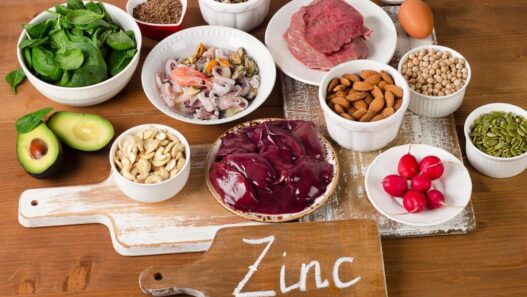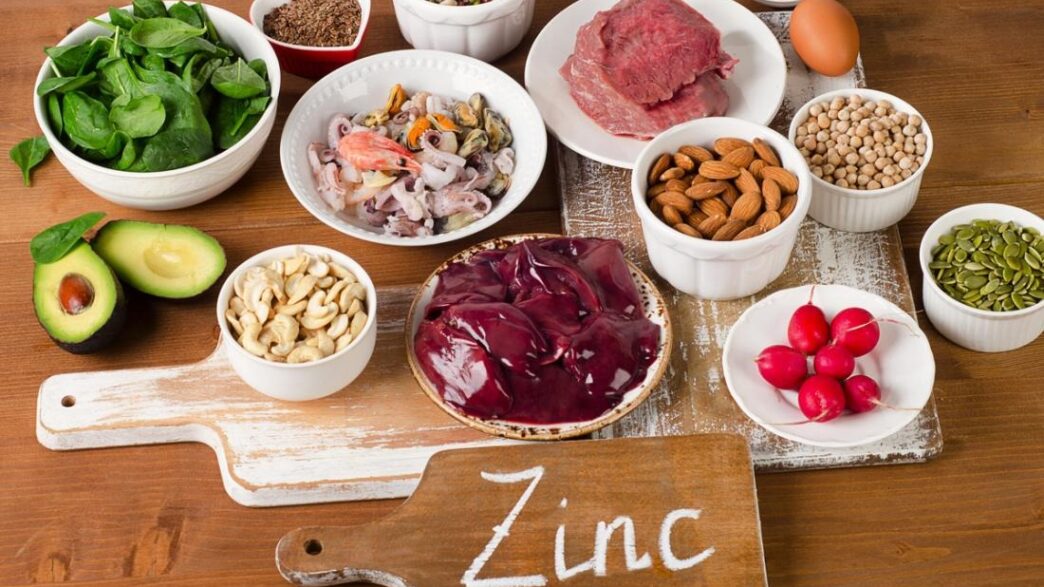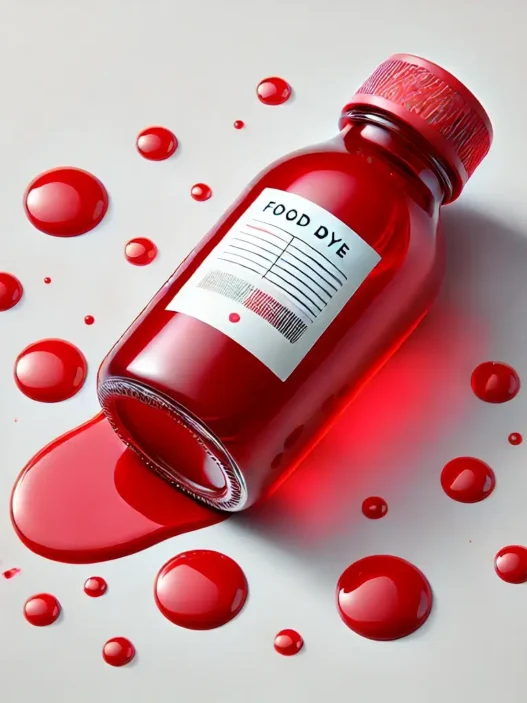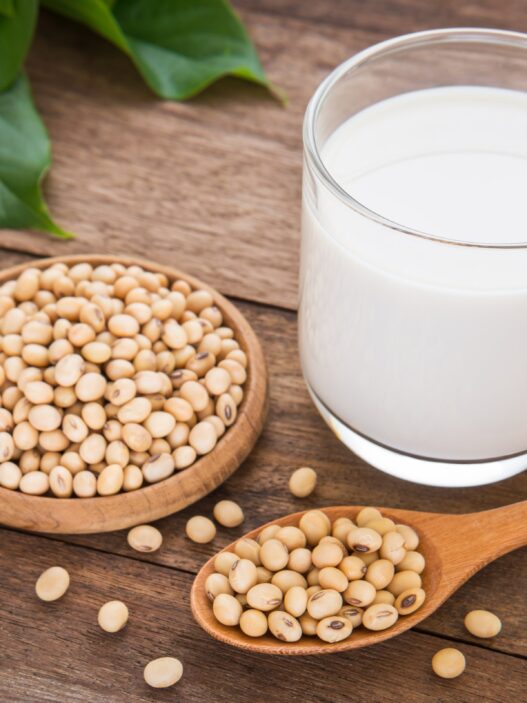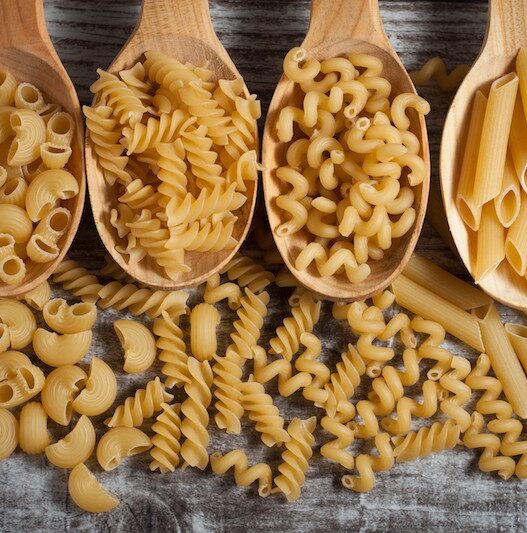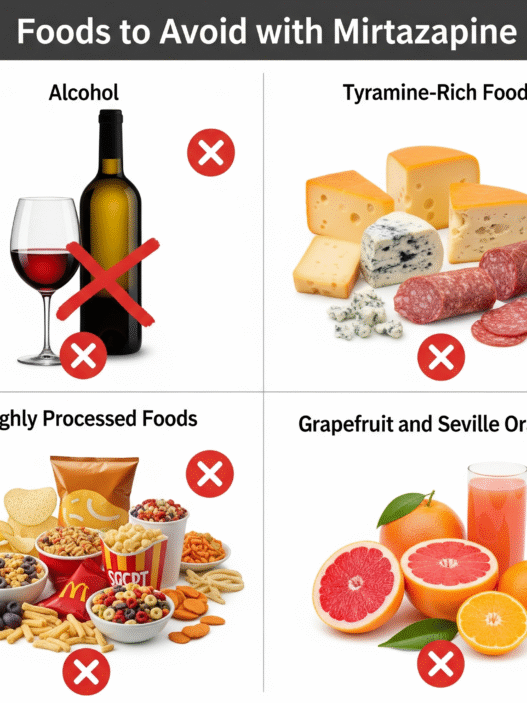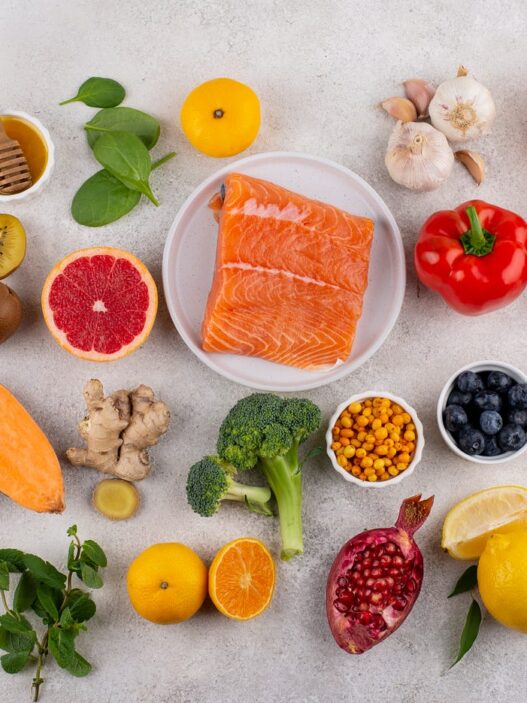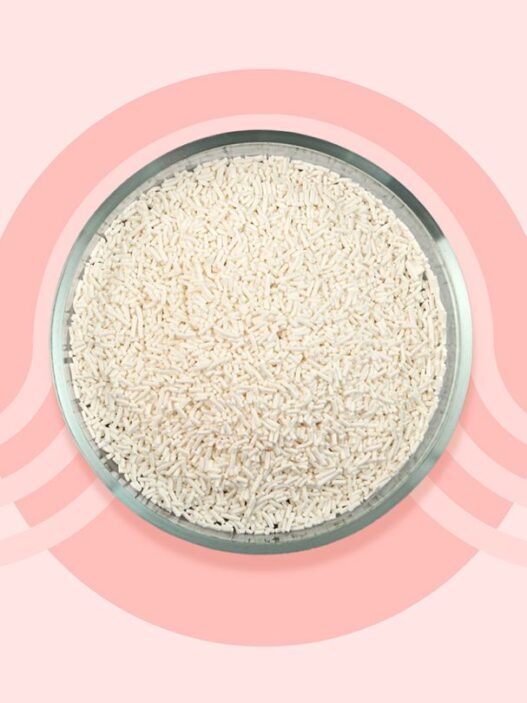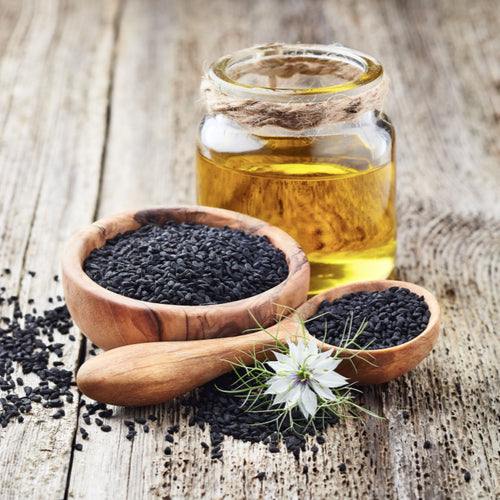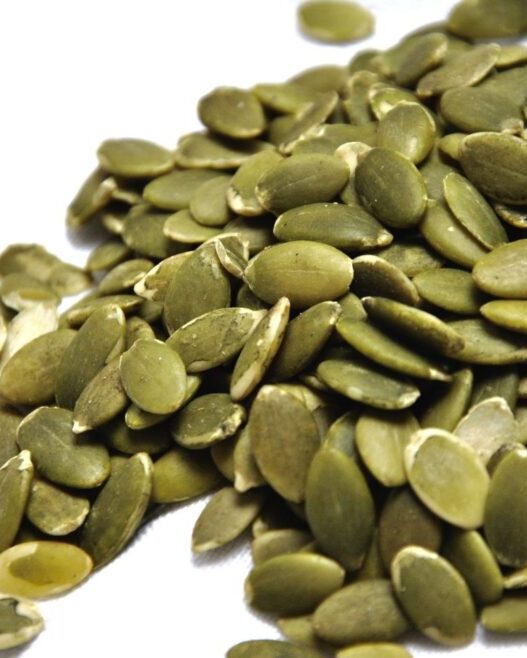Zinc is a potent mineral that is often neglected despite its importance in sustaining the body’s strength, resilience, and vitality. Zinc is essential for overall health, from immune system support to wound healing and skin health.
Because the body does not store zinc like other nutrients, dietary sources are the best alternative. This article defines zinc, discusses its numerous benefits and cons, how to incorporate foods with zinc into your diet, and even skincare products that harness zinc’s medicinal capabilities.

While health discussions frequently concentrate around calories, protein, and vitamin supplements, minerals such as zinc quietly perform the hard lifting.
This trace mineral functions as a biochemical spark plug, activating processes affecting everything from immunity to reproduction. Our bodies would simply not work as well without zinc.
Even though zinc is required in trace amounts, shortage results in weariness, recurrent infections, delayed healing, and dull skin. Because zinc cannot be stored in the body, it must be consumed on a daily basis through diet.
What is Zinc?
Zinc is a trace mineral that occurs in over 300 enzymatic processes. It contributes to protein synthesis, DNA repair, cell division, and healthy growth.
Daily recommended intake (RDI)
- Men take 11 mg.
- Women: 8 mg
- Pregnant women take 11 mg.
- Breastfeeding mothers: 12 mg
- Children: 2–9 mg, depending on age.
Zinc deficiency is more frequent than many people think, particularly in those who eat plant based diets, because plant chemicals known as phytates can inhibit absorption.
Advantages of Foods With Zinc
- Enhanced immunity– Zinc is commonly known as the “gatekeeper of immunity.” It activates white blood cells, the body’s natural defense against viruses and germs. Zinc supplements have been shown in studies to lessen the duration of colds, making them an essential mineral throughout flu season.
- Quicker Wound Healing– Zinc promotes cell regeneration and lowers inflammation, making it essential for mending cuts, burns, and surgical wounds. For this reason, hospitals frequently administer zinc to patients who are healing.
- Clearer and healthier skin– Zinc is a secret weapon for acne sufferers. Zinc-based lotions or supplements are often recommended by dermatologists because they regulate oil glands, reduce redness, and calm inflammation.
Disadvantages of Foods With Zinc
Disadvantages of Too Much Zinc While zinc deficiency is problematic, excess zinc can also be harmful to the body. The main reason is over-supplementation.
- Reduced Immunity– Ironically, while normal zinc levels improve immunity, excess zinc weakens the immune system and increases the likelihood of infection.
- Long-term usage of zinc supplements can result in dangerously low copper levels, leading to anemia and neurological disorders.
- Metallic Taste and Headaches– Excess zinc can cause a bitter or metallic taste in the mouth and lead to headaches or weariness.
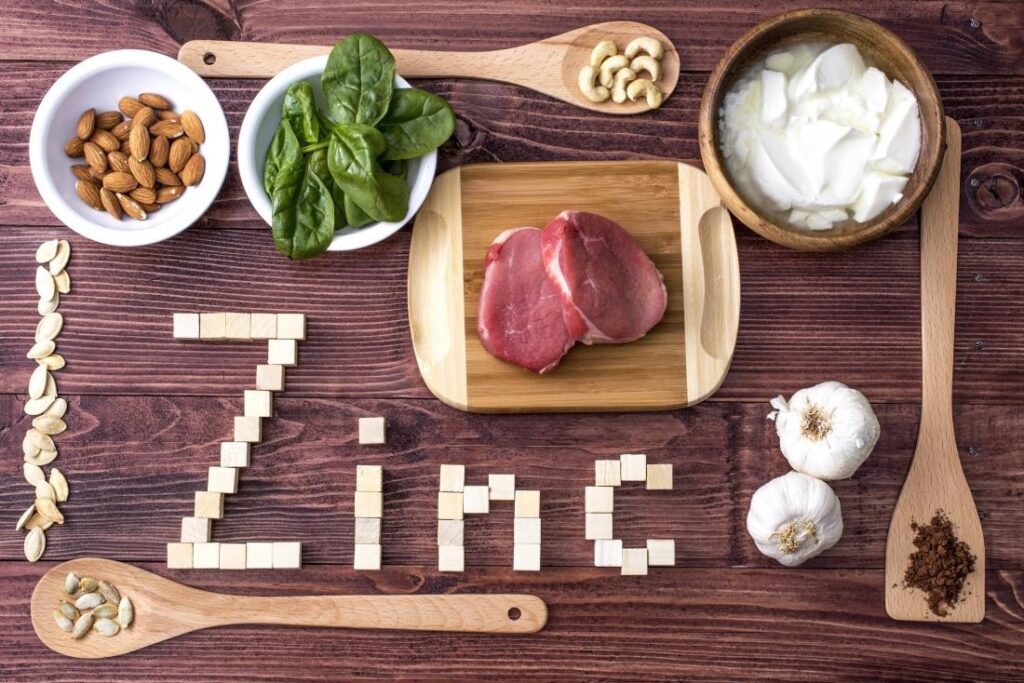
Procedure for Adding High Zinc Foods to Your Diet
Step 1
Select Animal-Based Sources– Animal meals provide zinc in its most absorbable form. Oysters are the richest source, providing more than 300% of daily needs in one meal. Beef and lamb are excellent protein-rich sources of bioavailable zinc. Eggs and dairy – Provide moderate portions that are easily incorporated into meals.
Step 2
Include Plant-Based Zinc Sources– Plant meals are beneficial, but they must be prepared carefully to ensure proper absorption. Pumpkin seeds, sunflower seeds, and cashews are ideal for snacking or adding to salads. Chickpeas, lentils, and beans are inexpensive staples high in zinc and protein. Spinach and mushrooms provide nutrition and fiber, as well as a little amount of zinc.
Step 3
Improve Absorption Naturally- Soak or sprout legumes and seeds to minimize phytates, which inhibit zinc absorption. Instead of taking zinc all at once, spread it out over several meals.

Conclusion
Zinc is a small quantity with a big influence. Foods with zinc should be a regular part of your diet for a variety of reasons, including immune system support, skin health, and reproductive health.
The safest, most effective way to meet your needs is to combine animal and plant-based sources, aided by preparation methods that promote absorption.
On the outside, zinc-based skincare products protect and repair the skin, demonstrating that this mineral is as varied as it is important.






